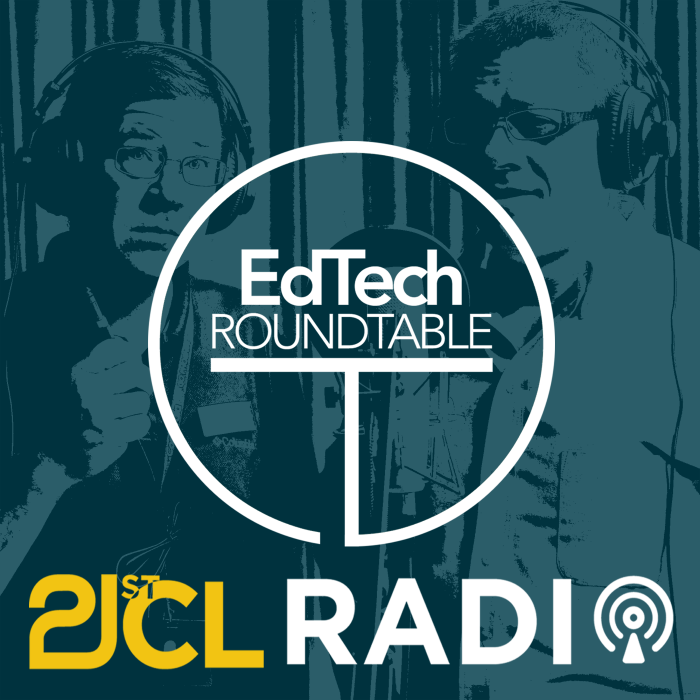Maker Space. Is it the triumphant return of “Shop Class”? Or is it, as John Cleese would say, “Something Completely Different”?
Notes & Links
SPACE – the final frontier…
Chris
How to Ensure that Making Leads to Learning – Annie Murphy Paul
-
Cognitive Load Theory
- the fewer new ideas the better
- errors may become baked in
-
Productive Failure
- Rely on prior knowledge, but knowledge has to be there
- Basic knowledge best suited for direct instruction
- Scaffold choices so that they occur in a framework that supports learning
Dennis
Book – “Invent to Learn” by Gary Stager and Sylvia Martinez http://inventtolearn.com/ (Quoted several times by Brian Smith at HKIS)
Constructivist Theory – Knowledge isn’t acquired, it is constructed based on personal experiences.
The importance of play (tinkering)
“Play gives children a chance to practice what they are learning.” – Fred Rogers
Recreation comes from RE-Creation. Play is called RE-Creation because it makes us new again, it re-creates us and our world. (Brown & Vaughn 2010)
“A child loves play, not because it’s easy but because it’s hard.” – Dr. Benjamin Spock
More than shop where everyone is making the same thing.
The Challenge for Teachers: How do you work play/tinkering into a classroom curriculum where you also are expected to meet standards?
You need:
- Strong knowledge of your standard
- Start to Integrate by filling “cracks” in curriculum. Take that one boring lesson and start with that. “How can I make this better?”
- Emphasize not just problem solving, but problem FINDING.
West Island School has their students wear special glasses and plastic hands to simulate visual impairments and arthritis. Then see what problems they can identify that could be solved.
- Remember that the best maker “space” is between your ears.
- “When you attempt what is uncertain, then you teach with adventure in your heart.” Great quote from @davidtedu
Community Maker Spaces – MakerBay (http://www.makerbay.org/)
